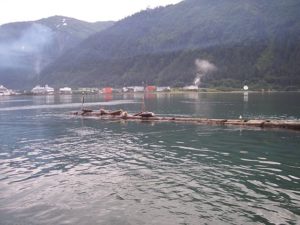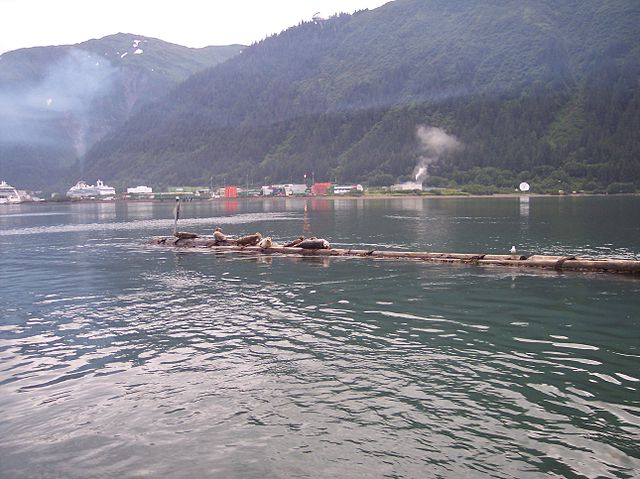 The International Maritime Organization (IMO) has decided on January 1, 2020 as the implementation date for a significant reduction in the sulfur content of the fuel oil used by ships.
The International Maritime Organization (IMO) has decided on January 1, 2020 as the implementation date for a significant reduction in the sulfur content of the fuel oil used by ships.
The decision was taken by the regulatory authority for international shipping during the 70th session of its Marine Environment Protection Committee (MEPC) meeting held in London late October.
Under the new global cap, ships will have to use fuel oil on board with a sulfur content of no more than 0.50% m/m (mass/mass). This compares to the current limit of 3.50%, which has been in effect since January 1, 2012.
“Fuel oil used on board” includes fuel oil used in main and auxiliary engines and boilers. Exemptions cover situations involving the safety of the ship or saving life at sea, or if a ship or its equipment is damaged.
Ships can meet the requirement by using low-sulfur compliant fuel oil, said IMO. An increasing number of ships are also using gas as a fuel, as when ignited it leads to negligible sulfur oxide emissions. Another alternative fuel is methanol, which is being used on some short-sea services.
Ships may also meet the sulfur oxides emission requirements by using approved equivalent methods, such as exhaust gas cleaning systems or “scrubbers,” which “clean” the emissions before they are released into the atmosphere.
Regulations governing sulfur oxide emissions from ships are included in Annex VI to the International Convention for the Prevention of Pollution from Ships (MARPOL Convention). Annex VI sets progressive stricter regulations in order to control emissions from ships, including sulfur oxides (SOx) and nitrous oxides (NOx)—which present major risks to both the environment and human health.
The date of 2020 was agreed in amendments adopted in 2008. A review was completed in 2016 and submitted to MEPC 70 concluding that sufficient compliant fuel oil would be available by 2020 to meet the fuel oil requirements.
The new global cap will not change the limits in SOx Emission Control Areas (ECAS) established by IMO, which since January 1, 2015 has been 0.10% m/m. The ECAs established under MARPOL Annex VI for SOx are the Baltic Sea area; North Sea area; North American area; and the United States Caribbean Sea area.
IMO Secretary-General Kitack Lim said the decision reflected the organization’s determination to ensure that international shipping remains the most environmentally sound mode of transport.
“The reductions in sulfur oxide emissions resulting from the lower global sulfur cap are expected to have a significant beneficial impact on the environment and on human health, particularly that of people living in port cities and coastal communities, beyond the existing emission control areas,” Lim said.
Further work to ensure effective implementation of the 2020 global sulfur cap will continue in the Sub-Committee on Pollution Prevention and Response, said IMO.
Photo: Advent





